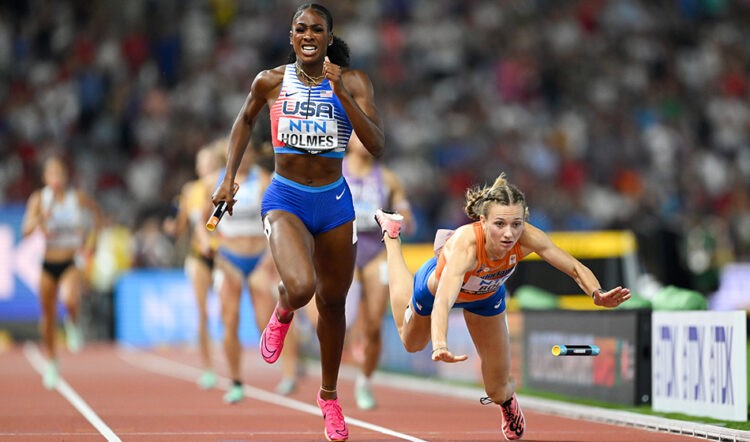If Gold Isn’t Achievable…
How Do You Handle Disappointments?
What is the aim at the Olympic Games? Winning gold. Athletes and their coaches have worked towards this goal for years. Expectations are high. But what if it doesn’t happen? If there’s no medal? If a dream is shattered?
This is part of elite sports. And it’s also part of running a business.
How do you handle disappointments? As a former national coach in competitive sailing, I’ve dealt with this before. Now, for years, I’ve been guiding entrepreneurs and leaders in the corporate world and sports federations. How do you deal with disappointments? What is important in this process?
Professional Guidance
For top athletes and entrepreneurs striving for maximum performance, developing a winning mindset, resilience, perseverance, and the ability to handle setbacks is essential to continue positively. Fortunately, the role of mental coaches and sports psychologists is becoming increasingly important and better applied in sports.
Support Network
Family, friends, and teammates are crucial in times of success and adversity. During major disappointments, this network acts as a ‘warm blanket.’ They provide support and can help regain motivation. It’s no coincidence that I often ask clients during significant disappointments or challenges: “What does your partner think about this?” or “What advice does your partner give you?”
Reflection, Analysis, and Learning
After a loss or disappointment, ideally, there should be a period of evaluation. What went wrong and what can be improved next time? This phase of reflection contributes to a significant and valuable learning experience. In business, this is sometimes called “debriefing”: what went wrong, what can we learn from it, and how can we prevent disappointments or mistakes in the future?
Revising Goals
Focus, motivation, and self-confidence are restored when new or adjusted and achievable goals are set. The coach can play an important role here. After all, they know the athlete best. In the corporate world, your coach can also help you set realistic goals again.
Keep the Big Picture in Mind
After a loss at the Games, everything may seem lost to athletes. It helps to keep the big picture, the perspective, in mind. It’s helpful to remember previous successes and think about the successful journey so far. This applies to top athletes and top entrepreneurs alike.
Relaxation
Most athletes say: “Now, first, I need to rest and go on vacation.” With all the intense physical and mental efforts, relaxation is just as important. During training for competitions, this is called “tapering.” After peak performances, it is important to give the body and mind rest and fully recover. How? Think – besides vacation – about self-care for the body (for example, with massages) and for the mind (for example, visualization or meditation techniques). The elastic band cannot always remain stretched. When working with entrepreneurs and organizational leaders, this is a topic that is always on the agenda.
Structure and Rhythm
Athletes work within a strong structure and disciplined rhythm. After a disappointment, resuming this can provide support to regain balance. Athlete, entrepreneur, leader, or employee? Anyone who wants or needs to deliver top performances knows what they need to maintain stability and continuity. Think of daily and weekly routines, sleep rhythms, dietary patterns, etc.
If you want to read more about dealing with disappointments and becoming or being the best version of yourself, read the 7th step of my book “My Best Team Ever! In 7 Steps to Golden Leadership.”






